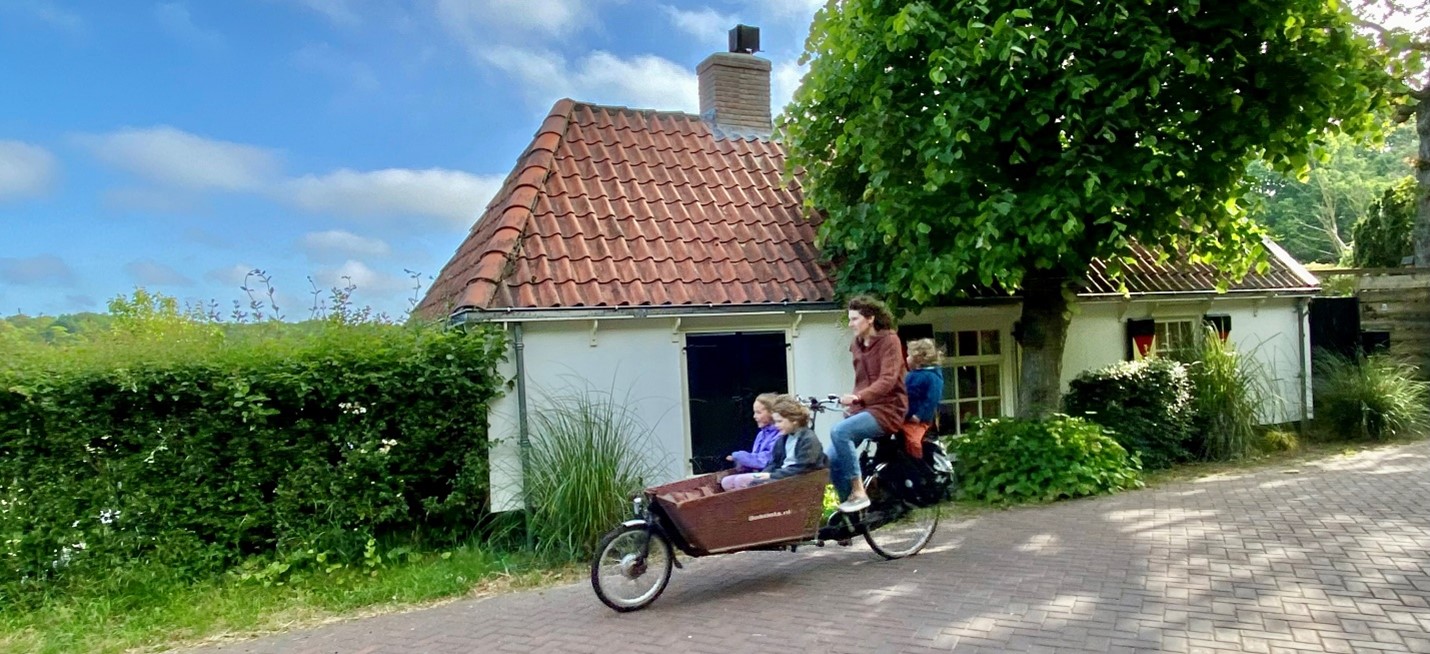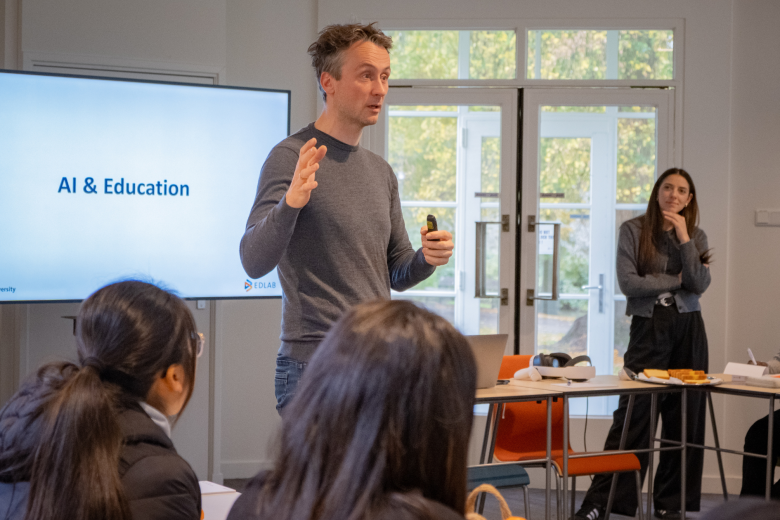Three new SBE projects on Sustainable Urban Transformations
Maastricht Sustainability Institute (MSI) of Maastricht University School of Business and Economics (SBE) has successfully applied for funding in the ‘Driving Urban Transitions’ program of NWO/ JPI Urban Europe. Three new transdisciplinary projects with international partners have recently started, with one new postdoctoral researcher each.
The three projects strengthen MSI’s research theme, ‘Sustainable Cities’, one of its five key strategic themes. The others are Sustainable economic systems and businesses, Climate neutrality and sustainable energy, Transdisciplinary approaches, and Sustainable Food.
Urban Food - SURFIT
The first is an Urban Food project (SURFIT): Scaling Urban Regenerative Food Systems In Transition. This project will bring together sustainable food networks (SFNs), local policymakers and a multidisciplinary set of researchers from four mid-size cities (Krakow, Trento, Maastricht and Malmö) to jointly conduct transdisciplinary research in Urban Food Labs with an urban living lab approach.
This research aims to explore, understand, and engage in how catalysers can be designed to scale SFNs for systemic transitions. The project will deliver design principles and reflexive guidance in embedding catalysers to advance and scale SFNs. Maastricht University is the lead partner of this project. Dr Dagmar Diesner is a new post-doc for this project, supervised by Dr. Christian Scholl.

Circular Housing - CDCUL
The second project is on Circular Housing: Consumer Demand for Circular Urban Living (CDCUL). This project aims to understand whether and the extent to which individuals in different European contexts are willing to pay for circular housing in cities. Using in-depth focus groups and survey-based choice experiments, the project investigates whether the inclusion of shared services—like co-working areas and shared toolkits - can make urban homes more appealing to citizens in Sweden, the Netherlands, and Slovenia.
In collaboration with housing developers, architects and public authorities, the project aims to provide insights to integrate sharing opportunities into future residential building projects. The project is led by the Swedish research institute RISE. Dr. Andrea Armstrong is a new post-doc for this project, supervised by Prof. Nancy Bocken and Dr. Joana Wensing.

Urban Mobility - SPECIFIC
The third project is on Urban Mobility: (SPECIFIC) Specifying Practices Enabled by Cycling In Fifteen-minute Cities. This project combines transdisciplinary action research and social practice theory to co-create a tool to facilitate the successful implementation of the 15-minute city concept in lower-density contexts, so at the urban outskirts. Strategic learning about upscaling and accelerating transformations towards just, cycling-based urban development will be facilitated through transition experiments focused on cycling in five cities – Bellinzona, Bristol, Graz, Maastricht, and Poznan. Oxford University coordinates the project. Dr. Nikolaj Kristensen is a new post-doc for this project, supervised by Dr. Marc Dijk.

Also read
-
UWC Maastricht students get a taste of education innovation at EDLAB
On 21 October 2025, EDLAB hosted students from United World College Maastricht for the second year in a row, as part of their Youth Social Entrepreneurship programme.

-
Maastricht University ranked #3 worldwide and #1 in Europe in 2025 Better World MBA Ranking
We are incredibly proud to share that the MBA programmes of Maastricht University School of Business and Economics’ executive branches, MSM and UMIO, have once again been recognised among the very best sustainable business MBA programmes worldwide. In the 2025 Better World MBA Ranking by Corporate...

-
Young people in higher education mainly choose based on their interests. A better link with labour market opportunities is needed.
Against the backdrop of structural labour market shortages, it is of social importance that young people choose courses that not only match their interests and talents but also lead to occupations with good employment prospects and social value, particularly in sectors such as healthcare, education...
